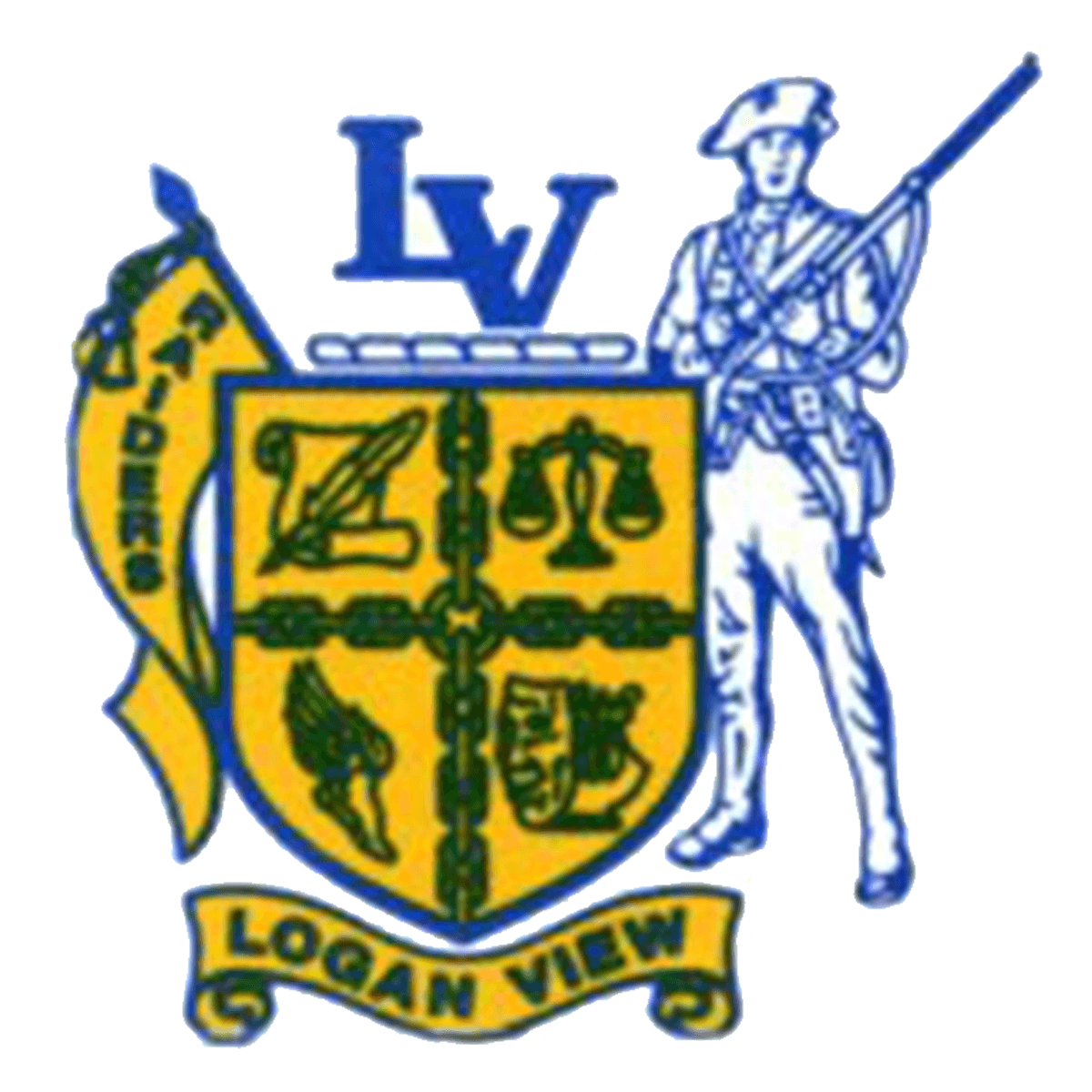Junior Information
Juniors…it’s time to narrow your college choices.
Narrow your college choices soon to prepare for these upcoming activities:
ACT Test. When you take the ACT, you'll be asked to provide a list of colleges that should receive your score.
Completion of the FAFSA early next fall. You and your parents can complete the FAFSA beginning October 1 of your senior year. The colleges you list on the form will receive the results.
College applications. Early next fall, it will be time to apply to your top college choices. You’ll get help at school if your high school holds an Apply2College event.
Campus visits will help you narrow your choices
Spring break is a perfect time to visit schools that interest you. Find campus visit tips in the “Selecting a College” section at EducationQuest.org.
These resources at EducationQuest.org will also help with your college search:
“Nebraska College Costs” breaks down costs for all colleges in Nebraska.
College Profiles has details about colleges in Nebraska and across the country.
Juniors planning to attend Northeast or Southeast Community College are encouraged to apply for early admission, due to the large number of students applying in certain areas and being put on a waiting list. It is highly recommended that you set up a College Visit and discuss your career choices NOW.
College Students Share Must-Do's for High School Juniors

Junior year is the time to start researching potential colleges and scholarships. (Getty Images)
A successful college application typically involves months of hard work, which often begins during a student's junior year of high school. If you are a junior who has not yet started to build your applications, make plans to begin this spring.
To help you achieve this goal, two current college students recently shared their must-complete tasks. These three areas of focus are crucial for any college-bound junior.
Admissions Research
Jacob Platt, a senior at St. Ambrose University in Iowa, and Megan Grove, a junior at Southern Illinois University—Edwardsville, both stress the importance of beginning any college-related research during junior year.
This includes the development of a short list of schools that interest you, but make sure the research extends beyond a cursory examination of college websites.
Platt, for instance, reached out to those schools that most appealed to him "because they often have more information than is offered on a website," he said via email.
High school juniors should also personalize their research according to goals and passions to ensure an ideal college fit. For example, due to his interest in athletics, Platt forwarded his highlight films to college football coaches as part of his junior year research.
Test Preparation
While it is possible to take the ACT or SAT as a high school senior, many admissions experts recommend doing so in your junior year.
This is the path that Grove and Platt selected. Both students completed the ACT, and they cited the ability to retake it as an important factor in their decision. Grove said via email that beginning in junior year "helped me to achieve the ACT score I wanted."
However, keep in mind that reaching a target score on the ACT or SAT involves more than sitting for the exam two or three times. Platt says planning to take either college entrance exam as a junior will afford you more time to study. In his junior year, he took an ACT prep course as well as a practice test through his high school.
Grove and Platt both caution high school students to avoid waiting until senior year to prepare for and take standardized tests, as it can be stressful and busy. "I found it extremely helpful to begin tasks my junior year instead of waiting and letting them pile up," Grove said.
This mentality was one that worked well for Platt as well. "I was not satisfied with my first ACT score, but since I had plenty of time before I was planning on applying to colleges, I was able to retake it and improve my score," he said.
[Don't make these end-of-year mistakes as a junior or senior.]
Scholarships
Certain scholarships accept applications from high school juniors. But starting to work on scholarship searches and applications early can be beneficial even if the awards aren't open to juniors. Platt said he investigated potential scholarships before his senior year: "Scholarships often have hard deadlines and can require a bit of time and effort to ensure that your application is as competitive as can be."
In addition to identifying scholarships that are good matches for your academic and extracurricular profile, you can draft any required essays or documents like a resume.
Platt advises current high school students to avoid making light of this critical task: "Scholarship applications can be tedious if they require essays or short answers, but education can be expensive and scholarships are offered to give you every opportunity possible to receive an education."
For Grove and Platt, finishing these critical tasks gave them a head start on college applications. They say their senior years were more manageable as a result, allowing them to better enjoy their final months before embarking on a new academic journey.
